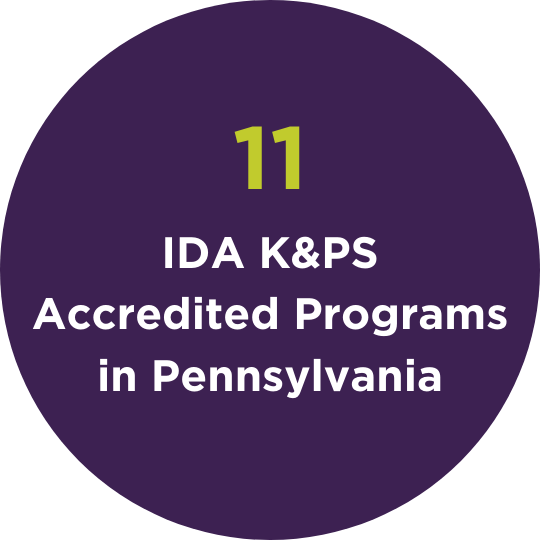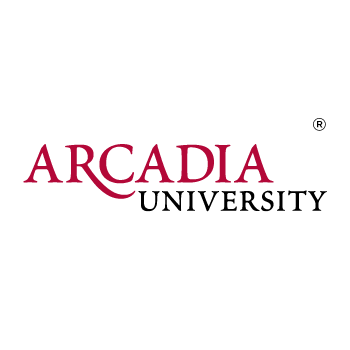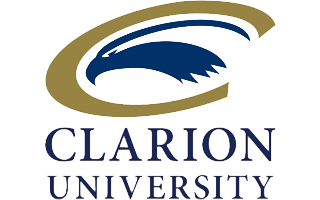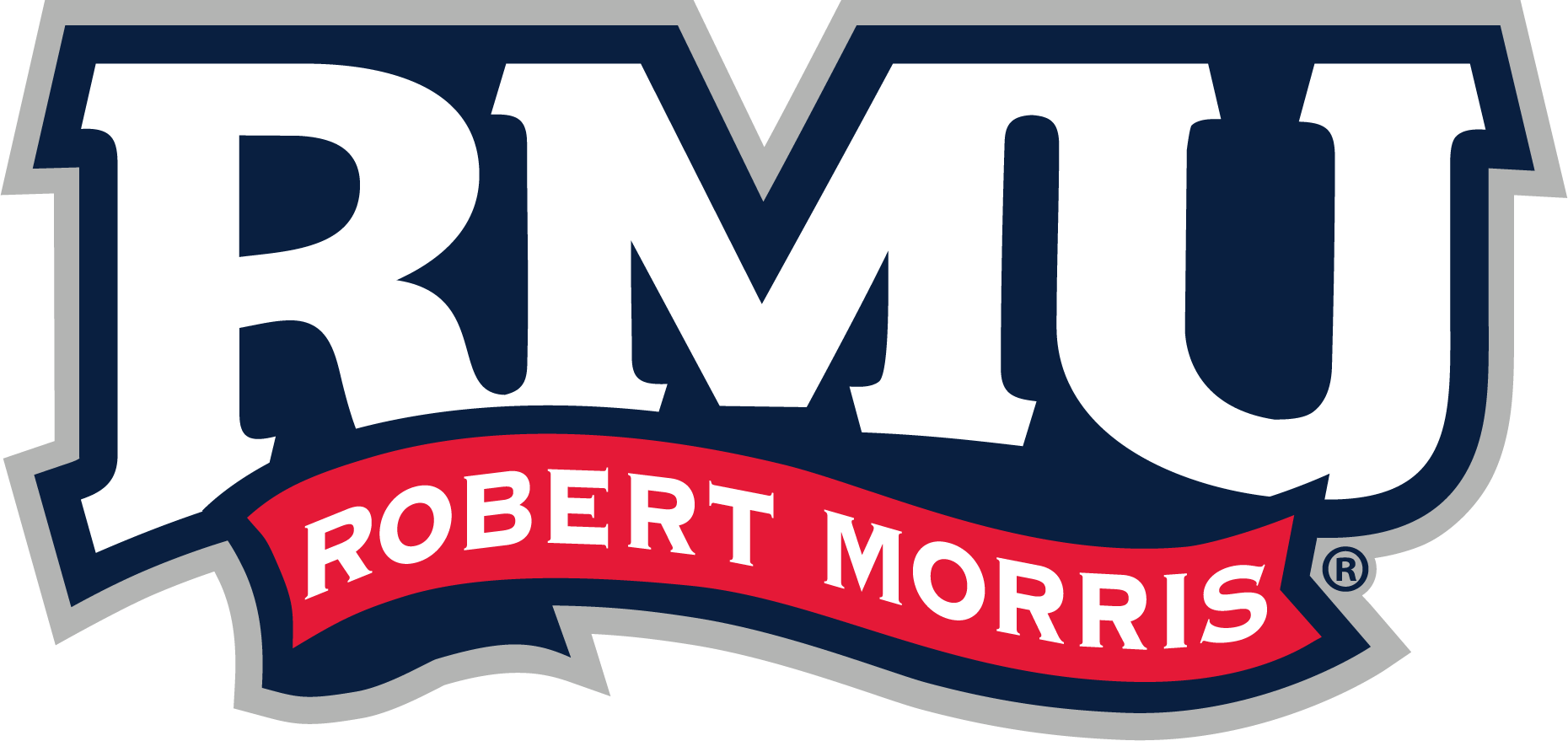Strengthening Teacher Preparation in the Science of Reading
Equitable access to literacy for all students will only be realized when all literacy teachers, all classroom teachers, have the knowledge and skill to teach in alignment with the science of reading.
Through the collective impact work of Philadelphia’s Read by 4th (Rb4) partners, a small but growing number of universities that prepare elementary teachers, have embedded the science of reading (SoR) in their teacher preparation coursework. The term “The Science of Reading
” represents “the accumulated knowledge about reading, reading development and best practices for reading instruction obtained by the scientific method” (Petscher et al. 2020). But how does a hiring district, or how does a student applying to a university program, know which programs embrace science? “The Knowledge and Practice Standards for Teachers of Reading” (K&PS), developed by the International Dyslexia Association (International Dyslexia Association, 2018) conceptualize the SoR as Structured LiteracyTM. Rb4 partners see the K&PS as the best codification for teaching the Science of Reading and embrace the K&PS as the standard for assessing SoR aligned teacher preparation programs.
Progress to Date
The wealth of resources Philadelphia has in Science of Reading aligned teacher preparation programs, is impressive at a national level. As of December 2020, the IDA has accredited at least one university program in 11 states. Nine of these states have one or two universities with an accredited program. Ohio has four, and Pennsylvania has six. Of Pennsylvania’s six universities, four are in the Philadelphia area (and more in process) in addition to an accredited independent program (AIM Institute for Learning & Research), which specifically supports in-service teachers.
Further, Philadelphia is fortunate that Dr. Hite, Superintendent of the School District of Philadelphia, has energized the schools of education to adopt these standards.
“The School District of Philadelphia together with the Read by 4th campaign is committed to strengthening teacher knowledge in the science of literacy instruction in order to ensure that every child is able to read on grade level by age 8. SDP and Read by 4th are using the Knowledge and Practice Standards developed by IDA to strengthen teacher preparation.”
WILLIAM R. HITE, JR., Ed.D.
Superintendent, School District of Philadelphia
With Philadelphia’s momentum around university program accreditation and the endorsement of Dr. Hite, how are Rb4 partners expanding the impact of SoR preparation for our teachers?
Continuing Peer-to-Peer Outreach
First, Rb4 partners (universities and independent programs) are continuing the collective impact efforts - not state mandates, or a required exam - but through peer-to-peer outreach between university professors. To facilitate outreach, Rb4 partners developed talking points, entitled “Finding the Balance in Literacy Instruction.” These talking points facilitate a constructive exchange between professors, highlighting the role of both code-based and meaning-based instruction, as well as the essential knowledge base for teachers as detailed in the IDA Knowledge and Practice Standards.
The power of this approach is reflected in the eventual accreditation of undergraduate programs within a university, subsequent to graduate programs earning IDA accreditation. Nationwide, of the approximately 30 accredited programs, 26 are graduate specialist programs. In Philadelphia, which mirrors National trends, program alignment with the K&PS generally begins with graduate programs, specifically reading specialist or special education - and in a couple of universities, the undergraduate program has followed. This movement illustrates that change takes time, and is fostered by exchange between professors within the university. This trend toward undergraduate program accreditation is critical to preparing teachers in the SoR as they enter the field, and not after years in the classroom.
Science of Reading Aligned Field Placements
Second, with the growing number of teacher preparation programs aligned with the SoR in Philadelphia, Rb4 partners recognize the need to align coursework AND field work. Field work, both observing and teaching, provide opportunities for aspiring teachers to apply and synthesize concepts learned in coursework. However, with so few teachers prepared in the SoR, it is not surprising that few elementary schools are aligned with the Science of Reading. When teacher candidates are deployed to placements that implement incongruent literacy practices, they are likely to abandon what they learned in coursework and espouse literacy practices in line with their cooperating teacher and later adopt these methods as their own (Clift & Brady, 2005; Moore, 2003). And while, K&PS field work guidelines exist for specialists working with one, or a few, children, there is much less defined for preparing teachers to implement SoR for a classroom of students with diverse reading abilities.
Implementing aligned Science of Reading instruction is highly complex, drawing upon a number of domains including knowledge of assessments, curriculum resources, instructional practices, and flexible grouping, among others. Without a clear vision and comprehensive approach, it is unlikely that the impact of isolated SoR practices, such as a phonics curriculum, will be measurable. As such, RB4 and SJU are refining a map, or tool, for field placement schools to use as a guide for evolving to high quality SoR implementation in all key areas including: assessment; instruction; school leadership and culture; supervision and evaluation; teacher quality; and parent engagement. This tool will serve as a guiding framework for a multi-year collaboration between institutions of higher education and elementary schools to improve outcomes for preservice teachers, inservice teachers and most critically, student literacy outcomes. Using this tool as the basis for the collaboration, preservice teachers will benefit from frequent opportunities for practice with extensive formative feedback from both professors and mentor teachers - which will increase the likelihood of the long term adoption of SoR into their instructional repertoire. Inservice teachers will benefit from a commitment to improved alignment of SoR instruction from a leadership level as well as knowledgeable and competent student teachers in the classroom. Elementary schools will benefit from an increased pipeline of teachers from IDA Accredited universities and the increased implementation of SoR instruction will have positive outcomes in reducing the identification of students for special education and the overall literacy outcomes for all students.
To this end, Rb4 partners, Saint Joseph’s University, AIM Institute for Learning & Research, and Mastery Charter Schools are working together to establish classroom level field placements aligned with the K&PS, beginning in the 2021/22 SY. In three Mastery elementary schools, during the 2021 summer, all K-2 teachers and many leaders will take the IDA accredited course, AIM Pathways to Proficient Reading. Leaders will also take the AIM Pathways to Literacy Leadership. This professional development will improve Mastery teachers’ and leaders’ knowledge of the Science of Reading and lay the groundwork for improved implementation of SoR practices in K-2 classrooms. In the fall, SJU will place undergraduate student teachers from its IDA accredited dual certification ECE/Special Education K-8 program in two of these school sites. This multifaceted collaboration recognizes that change needs to be deliberate and will take time. These RB4 partners are committed to collaborating as Mastery teachers and leaders expand their knowledge of the Science of Reading and have discussions on how to strengthen their current practices. SJU and Mastery will work as partners to continue to benefit all stakeholders, including in-service teachers, preservice teachers, parents and most critical, students’ literacy proficiency. This partnership, where all literacy instructors know the SoR, where the schools are committed to continuous improvement in SoR implementation and where future teachers can apply the SoR knowledge from their coursework in classrooms implementing the SoR - can become a model for additional future collaborations between elementary schools and colleges and universities.
Jaclyn Galbally, Ph.D.
Assistant Professor, Special Education, Saint Joseph’s University
Co-founder, The Reading League PA
Secretary, Everyone Reads PA
Nancy Scharff, M.Ed. Special Education
Read by 4th, Instructional Strategies Consultant
KIPP Philadelphia Schools, Academic Committee
ReadWorks.org, Advisory Council













